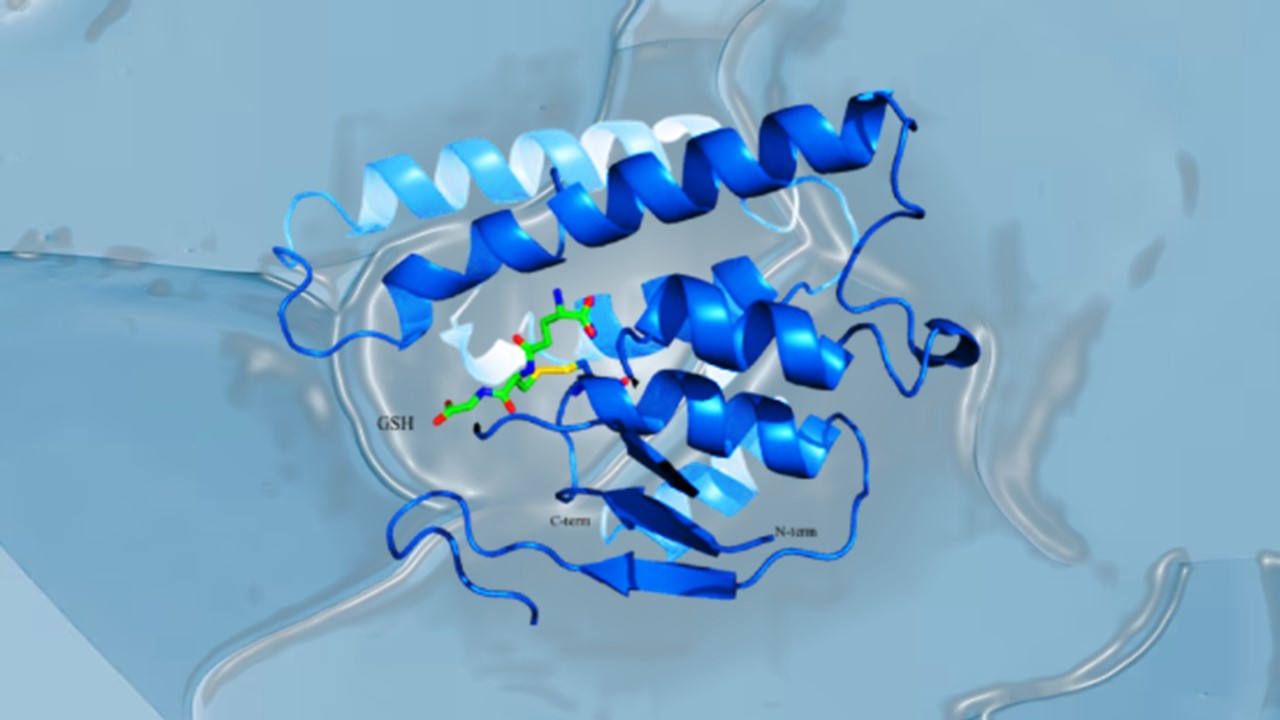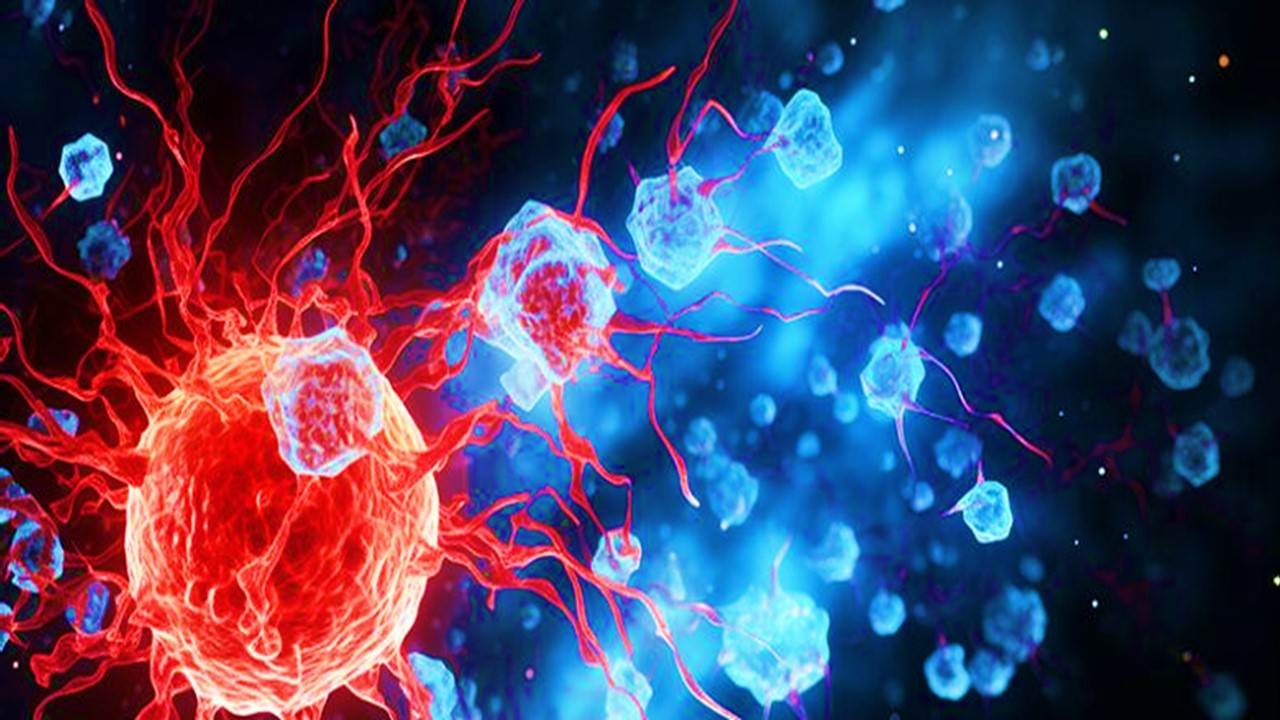The human immune system, despite its remarkable complexity and robustness, remains vulnerable to an extensive array of challenges that can significantly compromise its optimal functioning. From pervasive infectious agents to chronic inflammatory disorders, an intricate interplay of various factors can precipitate a state of immune dysfunction, ultimately impacting overall health. A comprehensive exploration of the mechanisms by which the immune system is weakened unveils a multifaceted tapestry of intricate molecular interactions and regulatory networks that underlie its susceptibility to compromise.
Infections: Overcoming Immune Defenses
Infections, ranging from bacterial and viral pathogens to parasitic organisms, exemplify one facet of the immune system’s vulnerability. Pathogens have evolved an astonishing repertoire of strategies to evade, subvert, or exploit the immune response, often targeting key components of the innate and adaptive immunity. For instance, some viruses have evolved sophisticated mechanisms to counteract the host’s interferon response, a vital antiviral defense system. By encoding proteins that inhibit interferon signaling or modulate the immune response, these viruses can establish persistent infections, thereby compromising the immune system’s ability to control and eliminate the invading pathogens.
Chronic Inflammatory Disorders and Autoimmune Diseases
Additionally, chronic inflammatory disorders and autoimmune diseases constitute another significant avenue through which the immune system can be compromised. In these conditions, the immune system erroneously recognizes self-antigens as foreign or aberrant, leading to a deleterious immune response directed against healthy tissues. The intricate immunological mechanisms that govern immune tolerance and self-recognition are perturbed, resulting in chronic inflammation, tissue damage, and organ dysfunction. The underlying molecular and cellular players involved in these disorders, such as autoreactive lymphocytes and dysregulated cytokine networks, contribute to the erosion of immune homeostasis and perpetuate the compromised immune state.
Environmental Factors: Modulators of Immune Responses
Furthermore, the complex interactions between the immune system and various environmental factors have profound implications for immune competence. Environmental toxins, pollutants, and dietary factors can modulate immune responses through intricate molecular pathways. For instance, exposure to environmental toxins such as heavy metals or pollutants can impair immune cell development, disrupt immune signaling pathways, or promote oxidative stress, thereby compromising the immune system’s integrity and function. Similarly, diet and nutrition profoundly influence immune health, with deficiencies in key nutrients impairing immune cell proliferation, function, and antibody production.
Immunosenescence: Age-Related Decline in Immune Function
Moreover, advancing age itself poses a significant challenge to immune integrity. Immunosenescence, the gradual deterioration of immune function that occurs with age, is characterized by alterations in immune cell composition, dysregulation of signaling pathways, and diminished immune responses. Key contributors to immunosenescence include thymic involution, which diminishes the production of naïve T cells, and the accumulation of senescent cells, which exhibit altered immune properties. Consequently, older individuals experience reduced immune surveillance, decreased response to vaccinations, and heightened susceptibility to infections and malignancies.
Consequences of Compromised Immune Function
The consequences of compromised immune function extend beyond susceptibility to infections and inflammatory disorders. Impaired immune responses can lead to heightened morbidity and mortality rates, increased susceptibility to opportunistic infections, delayed wound healing, and an elevated risk of malignancies. Furthermore, compromised immune surveillance can foster the emergence of latent or chronic viral infections, contributing to the long-term burden of infectious diseases.
Unraveling the Complexities: Advances in Understanding Immune Dysfunction
Understanding the intricacies of immune compromise necessitates a comprehensive grasp of the intricate molecular interactions and regulatory networks that underpin immune responses. Deciphering the delicate balance between immune activation and regulation, elucidating the precise mechanisms of immune evasion employed by pathogens, and uncovering the molecular basis of autoimmune disorders are ongoing areas of research. The ability to unravel the complexities of immune dysfunction will pave the way for the development of innovative strategies aimed at restoring immune homeostasis and promoting immune reconstitution, thus fostering improved health outcomes and advancing the field of immunology.
Engr. Dex Marco Tiu Guibelondo, BS Pharm, RPh, BS CpE
Subscribe
to get our
LATEST NEWS
Related Posts

Immunology & Oncology
The Silent Guardian: How GAS1 Shapes the Landscape of Metastatic Melanoma
GAS1’s discovery represents a beacon of hope in the fight against metastatic disease.

Immunology & Oncology
Resistance Mechanisms Unveiled: The Role of Glutathione S-Transferase in Cancer Therapy Failures
Understanding this dual role of GSTs as both protectors and accomplices to malignancies is central to tackling drug resistance.
Read More Articles
Myosin’s Molecular Toggle: How Dimerization of the Globular Tail Domain Controls the Motor Function of Myo5a
Myo5a exists in either an inhibited, triangulated rest or an extended, motile activation, each conformation dictated by the interplay between the GTD and its surroundings.
Designing Better Sugar Stoppers: Engineering Selective α-Glucosidase Inhibitors via Fragment-Based Dynamic Chemistry
One of the most pressing challenges in anti-diabetic therapy is reducing the unpleasant and often debilitating gastrointestinal side effects that accompany α-amylase inhibition.













